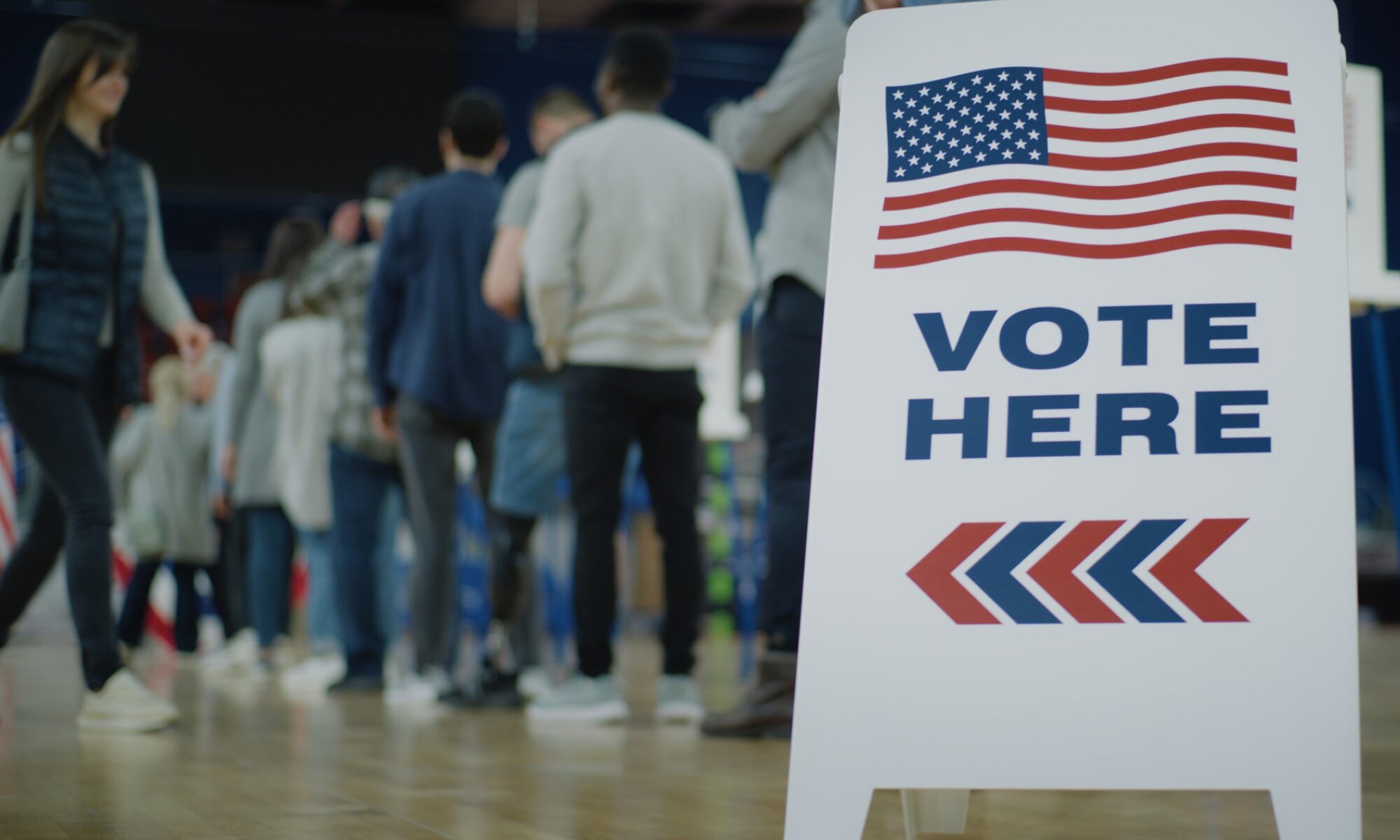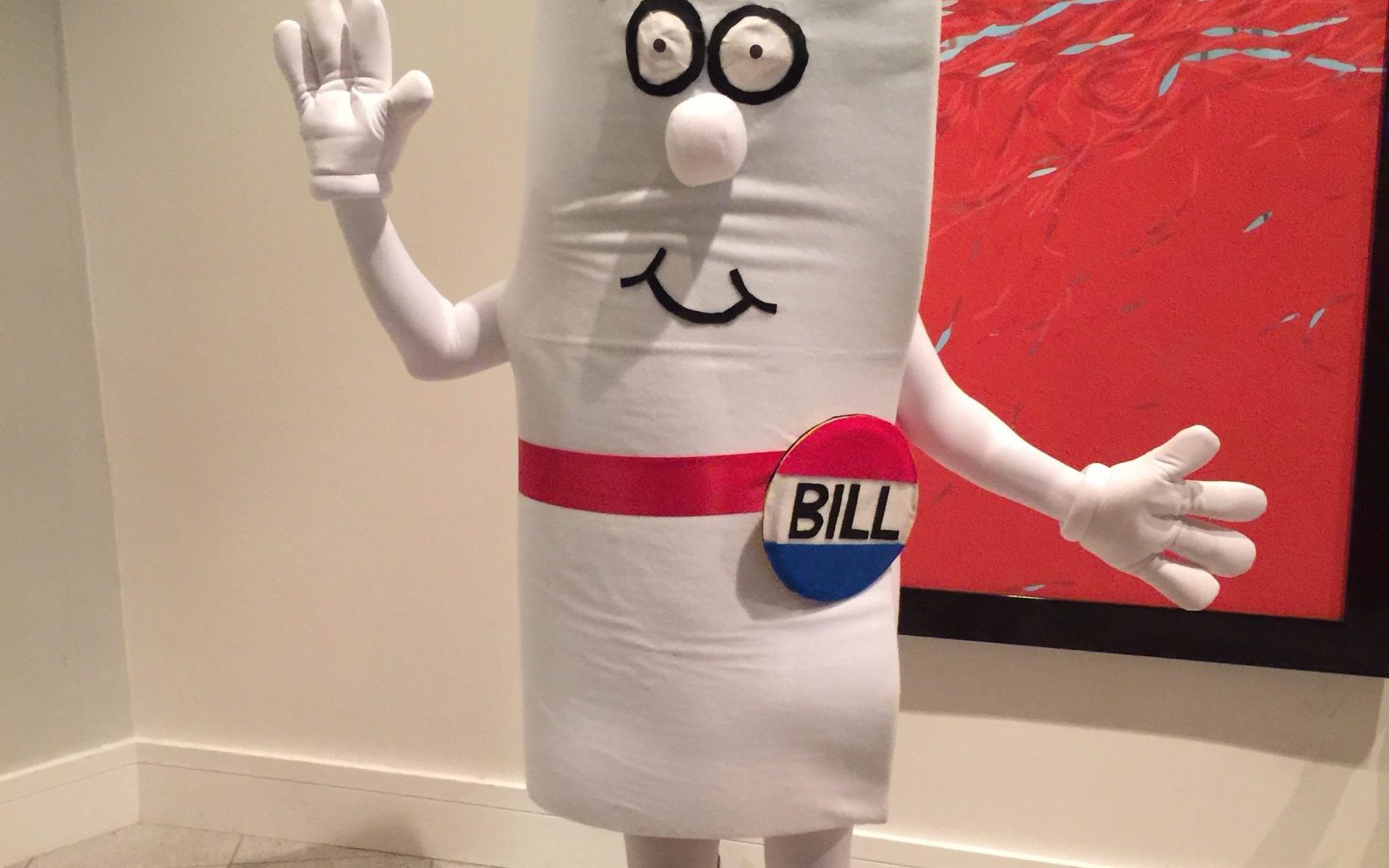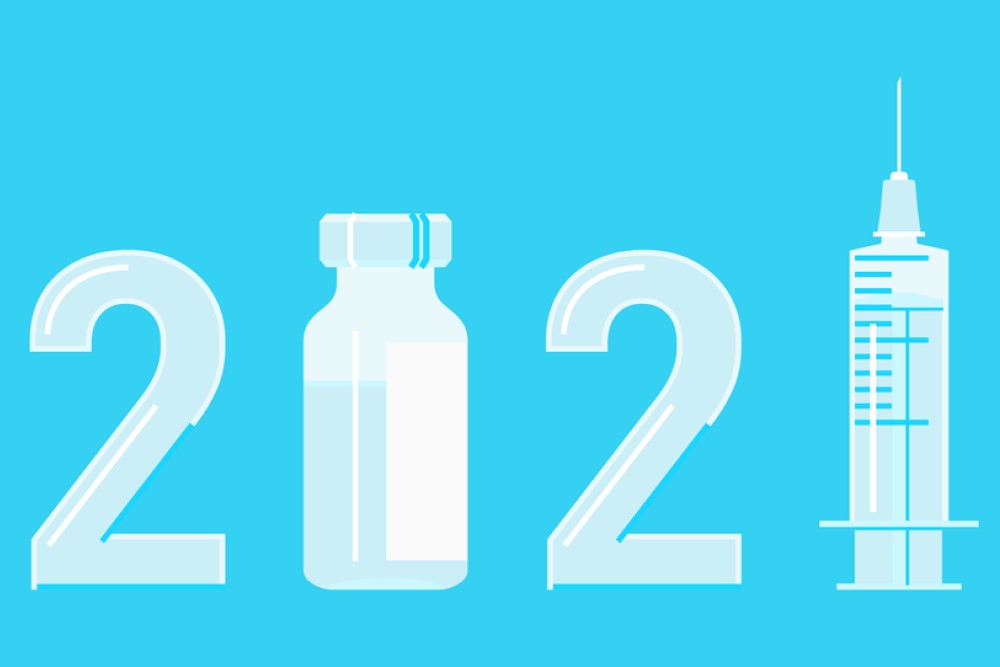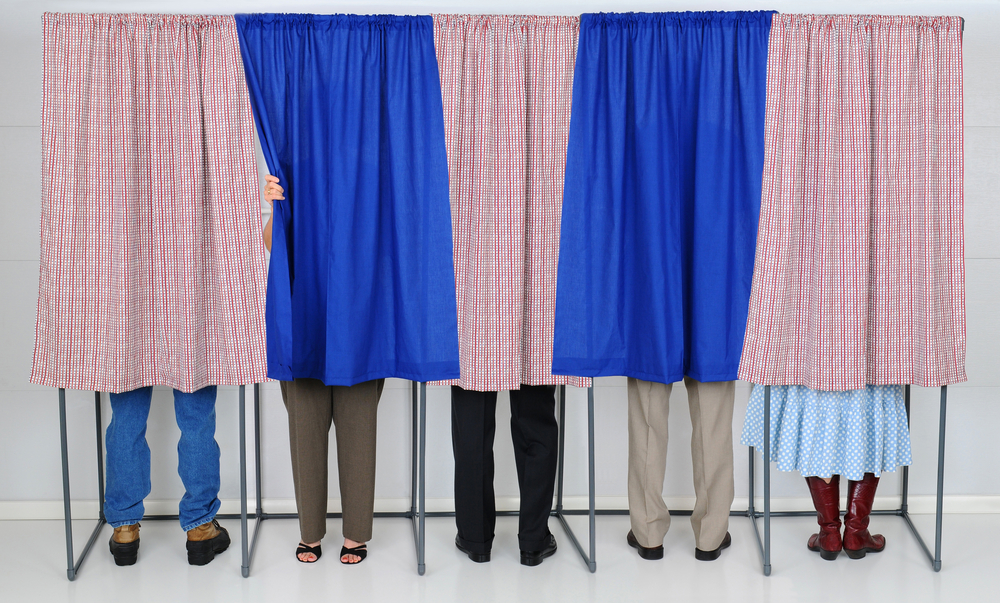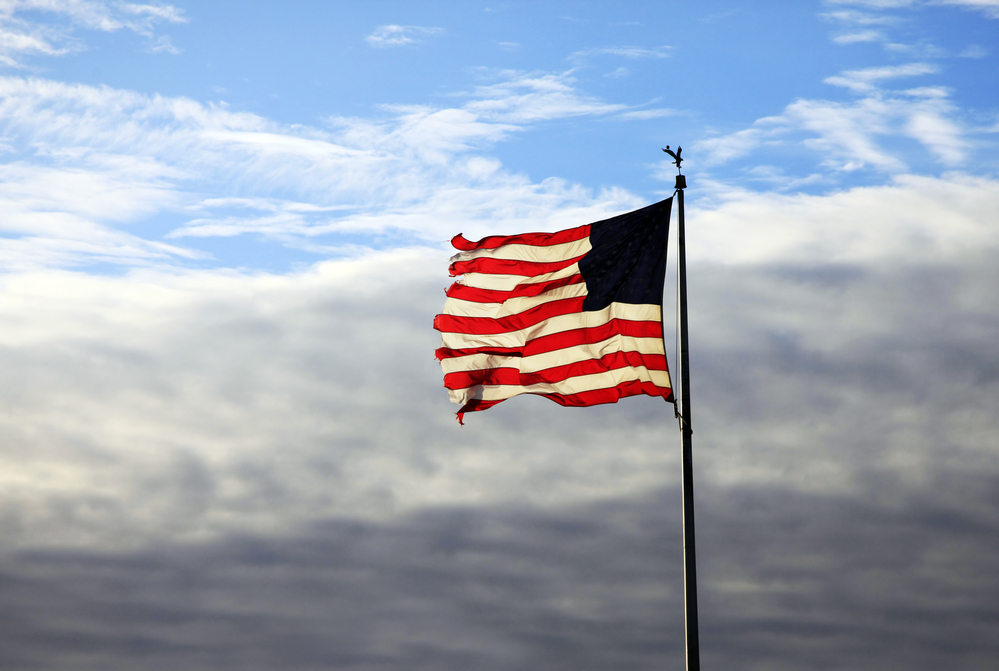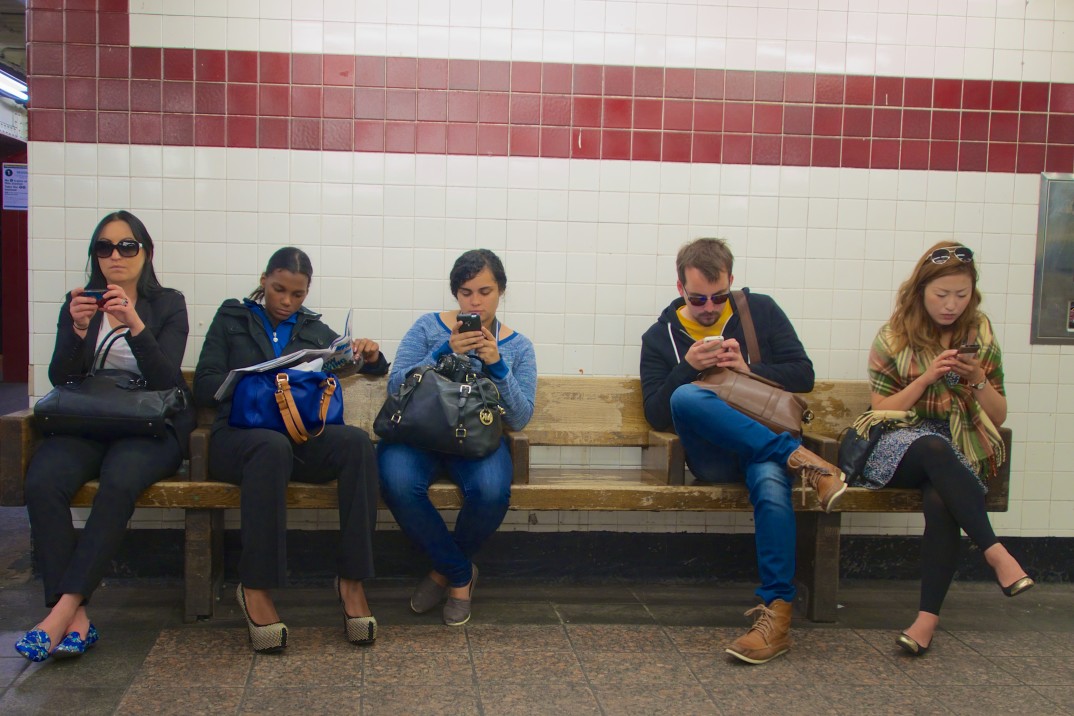We hear it all the time: Every voter has the civic duty to cast a ballot. If you disagree, you’re in a very small minority. Over 90% of Americans agree that voting is important for being a good citizen. Yet for most voters, there is simply no chance that their ballot will swing the race. If you don’t live in a swing state, it is hard to convince yourself that your vote even matters.
But this overlooks a crucial insight: The way you vote may be making you a worse person, and this is especially true when it seems like your vote doesn’t matter. Now, I’m not saying who you choose to vote makes you a bad person, but how you arrived at that choice.
Let me explain. As a philosophy professor, my work focuses on how our actions shape our character. The ancient Greek philosopher Aristotle puts the point this way: When your habits are good, they can help you cultivate virtues like courage, wisdom, and generosity. But when your habits are bad, they will eventually make you a worse person – cowardly, foolish, and greedy, amongst other things.
What does this have to do with voting? How we vote becomes a habit. And as this ancient wisdom makes clear, when you do it poorly, shoddy voting can corrupt you. In particular, bad voting can make you intellectually irresponsible.
In many areas of your life, you have a duty to think well. If you’re a student, you should study for the test. If you’re a parent, you need to plan what your children will eat. Failing to attend to these obligations is careless, and when done repeatedly will increasingly make you intellectually irresponsible.
The same is true of voting. When casting a ballot, voters have a responsibility to think well. In 1963, John F. Kennedy observed that “ignorance of one voter in a democracy impairs the security of all,” and the story is no different today. Uninformed voting is a danger not just to our country, but threatens to undermine democracy itself.
Are you acting responsibly when you cast a ballot? Almost certainly not. Voters display a shocking amount of political ignorance, struggling to identify even their own representatives. A 2022 Harvard study found that a third of voters cannot identify their U.S. senator and house representative.
Knowledge of state-level representatives is far worse. A 2018 study by Johns Hopkins discovered that only 28% knew their state representative, while just 19% knew their state senator. This data suggests that most of us are not responsible voters.
A confession is in order. I am in need of some ancient wisdom myself. I looked up the answers to all of these questions while writing this piece. Of course I have excuses. Just this semester, I moved states, had my first child, and started a new job. But we all have a lot to do. If I didn’t write this piece, would I have known my representatives by November 5th?
Why are you (and I) ignorant of basic political facts? Researchers have called this phenomenon rational ignorance. When you buy a new car, carefully considering your options will clearly benefit you. But because your vote won’t swing the race, large democratic elections can make us careless and irresponsible. It is rational for you to do something else, practically anything else, over becoming politically educated.
Ironically, emphasizing the duty to vote only makes this worse. Because there is a considerable social cost for not voting, you still feel the pressure to head to the polls, no matter how ignorant you might be, further entrenching bad voting habits. And once careless voting becomes a habit, other forms of intellectual irresponsibility can take hold as well. It will be easier to rationalize away your candidate’s flaws or overlook scandalous behavior.
So how should we vote? The remedy may seem obvious. To be a better voter, you need to become more politically informed. The philosopher John Stuart Mill agreed, advocating that the most educated should receive more votes, with college graduates receiving as many as 6 votes. While we might have concerns about giving some more votes than others, we can agree that the better informed make better voters.
But informed voting isn’t enough. Paradoxically, educated voters can be more biased, using their superior education to rationalize voting for politicians that cater to their private interests. Plato even predicted that democracies would be susceptible to electing tyrants. Without strong intellectual characters, citizens can be swayed by emotional appeals and inflated campaign promises. These tools can then be used by dictators to gain and consolidate power.
For this reason, you should strive to not only develop your mental library but your intellectual character. Memorizing a lot of facts is not the only ingredient of good thinking. Thinking well also requires open-mindedness, humility, and curiosity – traits that can correct for common political-reasoning flaws.
Open-mindedness can decrease polarization. When you are more willing to consider the viewpoint of others, you can better understand their perspective. Have a conversation with someone you disagree with, and commit to just listening
Intellectual humility can reveal blind spots. By recognizing your own weaknesses, you will also be more conscious of your biases and limitations. Take a political bias test to see what viewpoints you might be neglecting.
Curiosity can reveal things we’ve missed. If you are curious, then you are more open to learning surprising information, including evidence that runs contrary to your political opinions.
And finally, be patient. Forming new habits takes time, and political issues are quite complicated, so cut yourself some slack. Practice this ancient wisdom one election at a time, and pretty soon you will find yourself not only becoming a better voter, but a better person as well.

